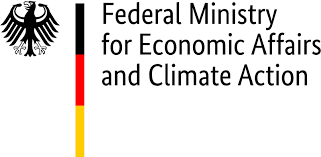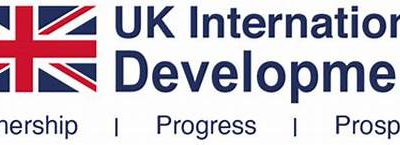Call for ideas is now closed
Lab members selected nine sustainable finance vehicle ideas to develop in 2025. A new call for ideas is set to open in September
What is the Lab looking for?
Lab Guidelines for ApplicantsIn 2025, the Lab will develop at least nine ideas. Six ideas will focus on five regional programs, with two ideas targeting Latin America and the Caribbean, and three thematic ideas.
Webinars
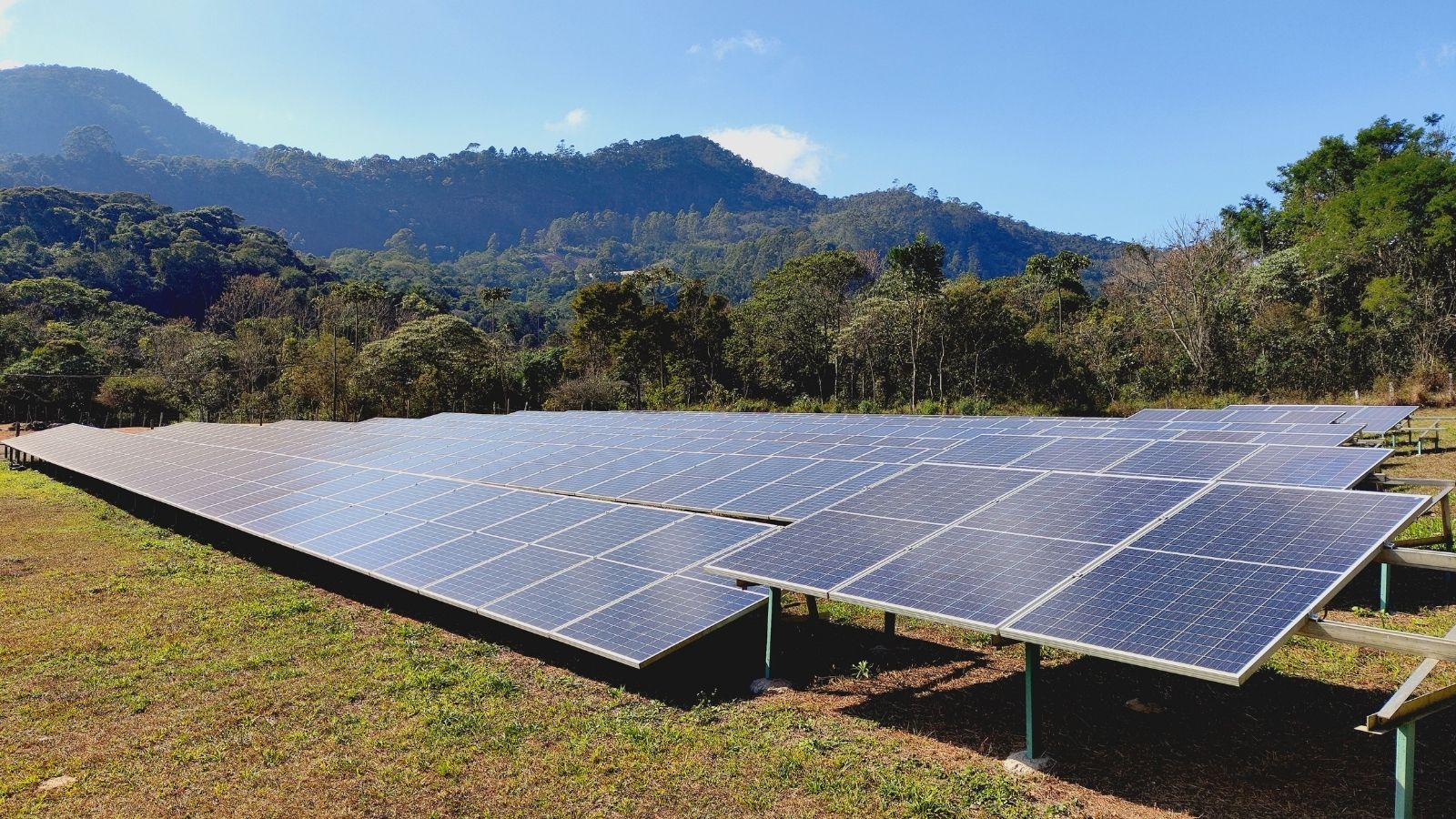
The Lab is accepting proposals for the 2025 cycle. Learn how to apply....
Watch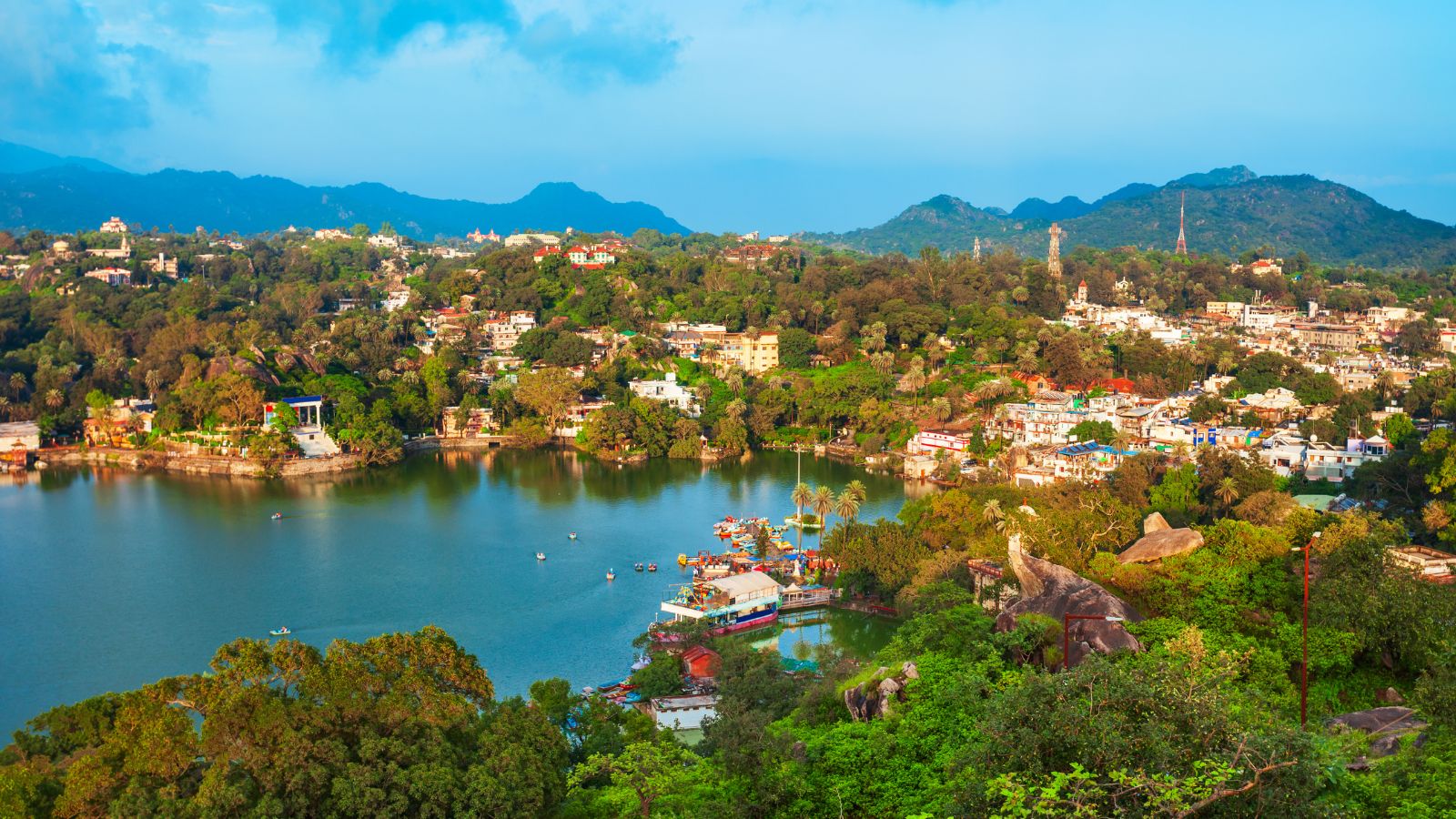
The webinar will discuss the Lab programs in India, Philippines, and East and Southern Africa....
Watch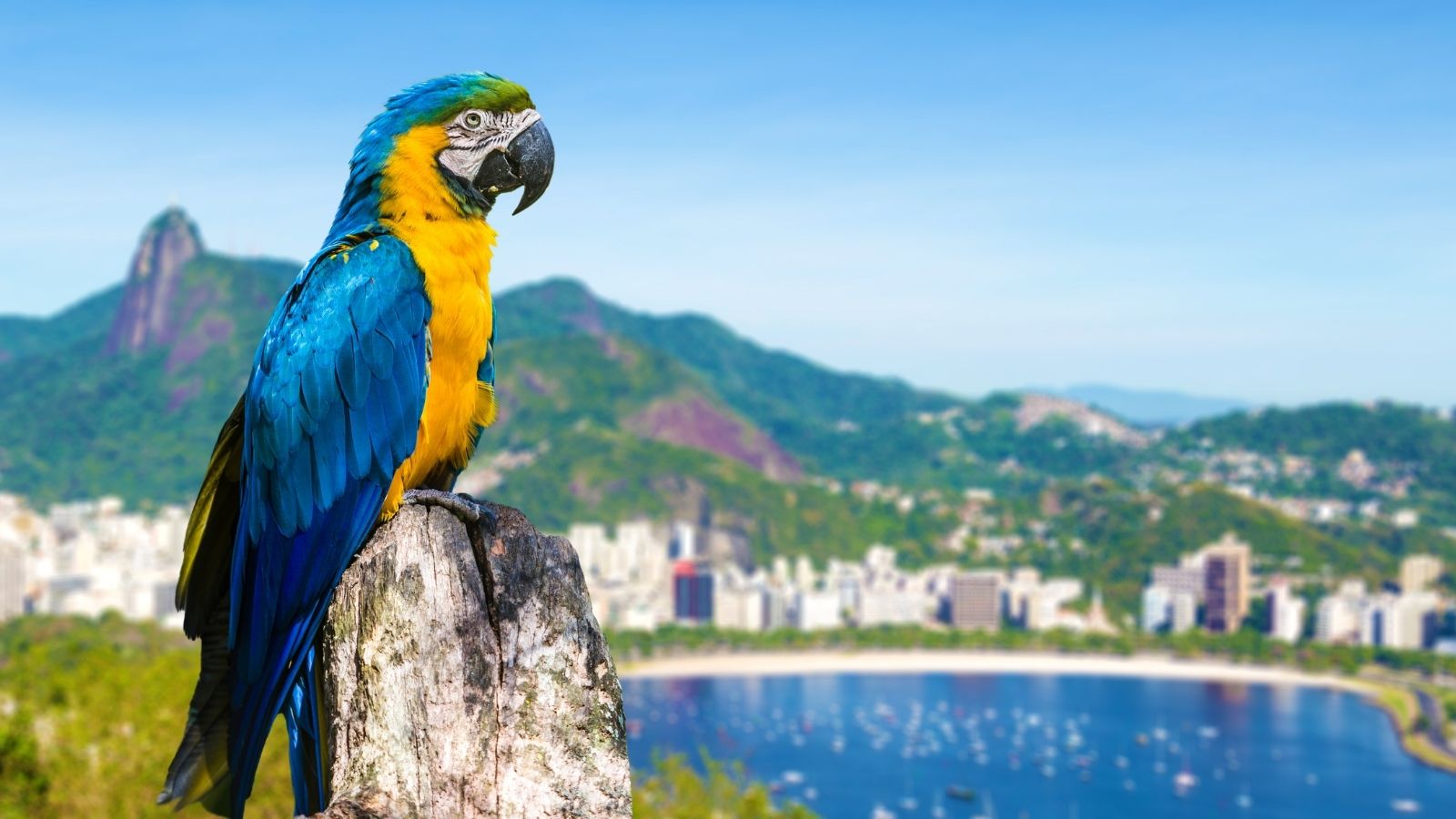
This webinar focuses on the Lab Brazil program and will be held in Portuguese....
Watch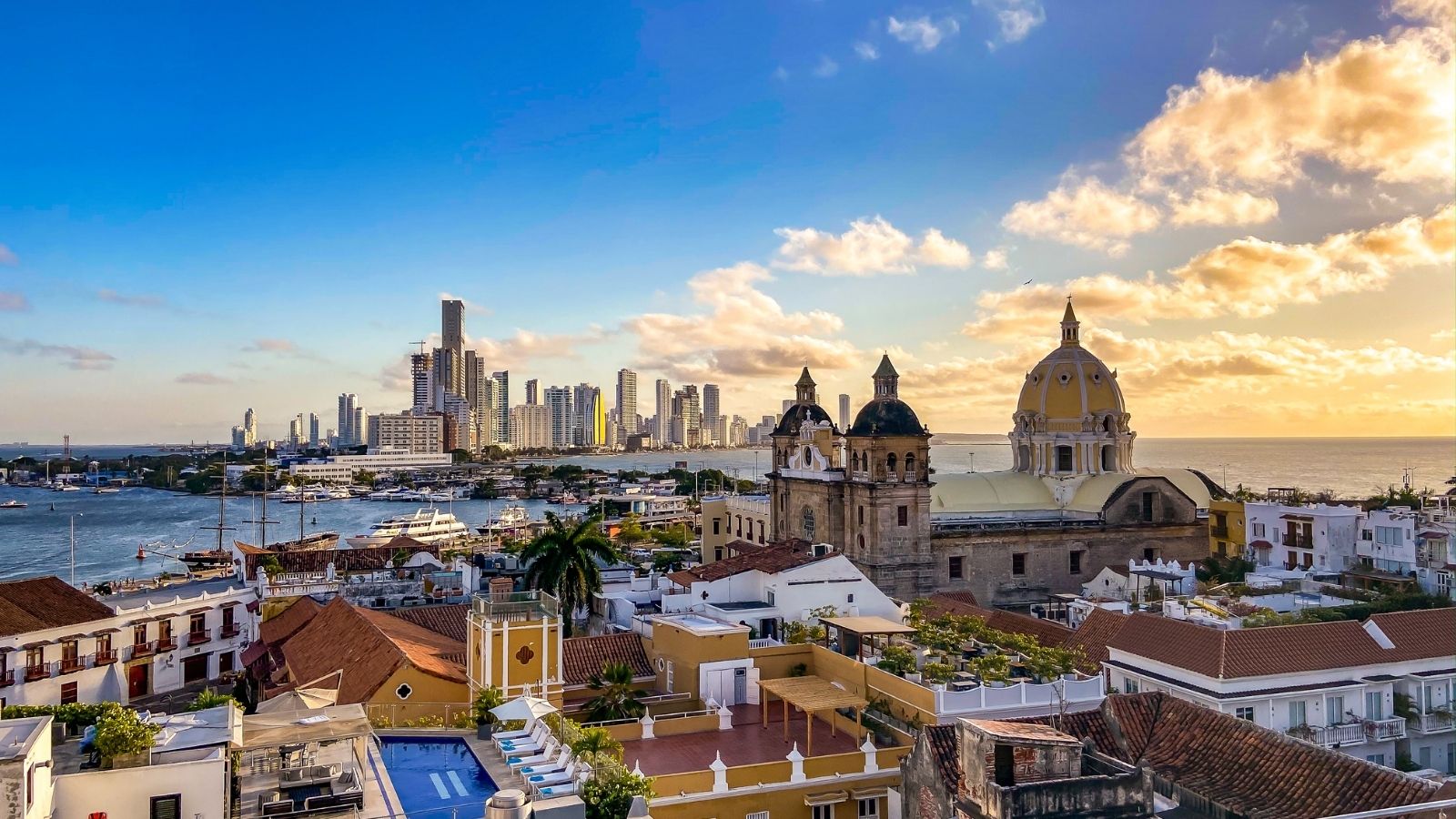
This webinar focuses on the Latin America and the Caribbean program and will be held in Spanish....
WatchWhat happens if your idea is selected
If your idea is selected by Lab Members, you will work with a team of analysts, key stakeholders, and experts to:
1.
Develop or refine the mechanics of your idea.
2.
Survey the market landscape of comparable solutions and assess the idea's viability and impact potential.
3.
Develop robust financial modeling.
4.
Assess and document potential social and environmental impacts.
5.
Map risks and risk mitigation strategies.
6.
Develop a detailed implementation plan.
7.
Create promotional content and pitch your ideas to donors and investors.
8.
Potentially receive endorsement from the Lab.
9.
Get implementation support to execute go to market strategy.
10.
USD 150-250k conditional grants for eligible endorsed ideas.
How ideas are selected
FAQApplicants must complete an online form (see PDF version for reference). A set of key criteria guides how submitted ideas are assessed and ranked.
Why submit an idea?
Selected ideas receive guidance from high-level leaders from the public and private sectors, who contribute expertise, political support, and financial capital, along with access to the Pre-Seed Capital Facility for fast-tracking implementation through conditional grants of USD 150-250k.
Learn more about the Pre-Seed Capital FacilitySelected ideas also benefit from robust analysis, stress-testing, and development by Climate Policy Initiative’s team of experts.
Meet the Lab experts$
250
k
value of in-kind analytical and communications support received by selected Lab ideas
$
1.3
bn
invested by Lab members and observers
$
4
bn
mobilized by endorsed Lab instruments
Who is involved?
Lab membersThe Lab comprises over 100 expert institutions in government, development finance, philanthropy, and the private sector. The funders for the Lab’s 2025 cycle are included below. CPI serves as the Lab Secretariat.


